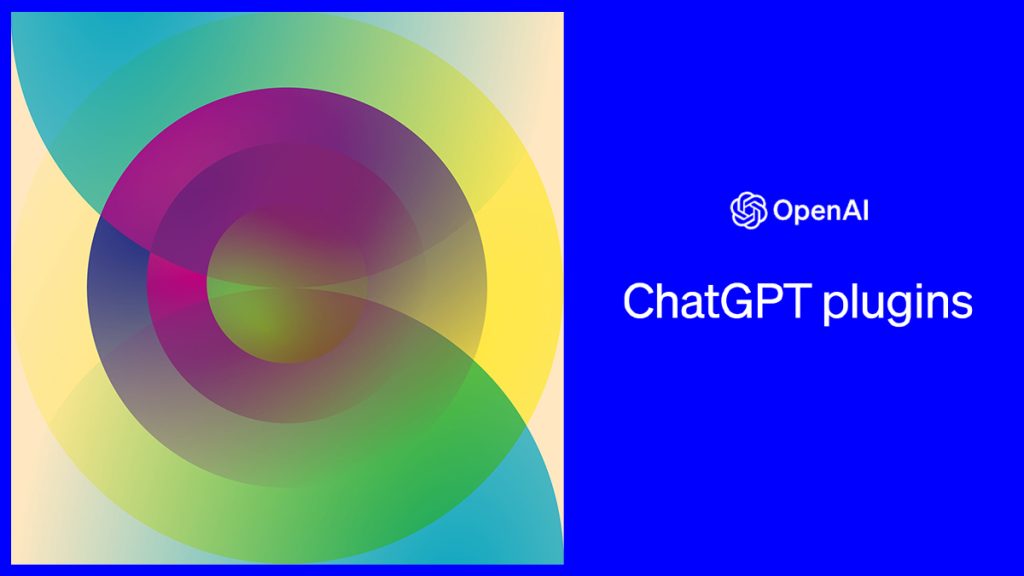
ChatGPT by OpenAI now has plugin support, enabling it to access the web, interpret code, and retrieve data from customized knowledge bases.
We are adding support for plugins to ChatGPT — extensions which integrate it with third-party services or allow it to access up-to-date information. We’re starting small to study real-world use, impact, and safety and alignment challenges: https://t.co/A9epaBBBzx pic.twitter.com/KS5jcFoNhf
— OpenAI (@OpenAI) March 23, 2023
This comes after OpenAI recently released GPT-4, their latest AI model, which has achieved human-level performance on various professional and academic benchmarks.
Plugin developers for ChatGPT
OpenAI ChatGPT’s waitlisted plugin developers can utilize the company’s documentation to construct a plugin for ChatGPT. These plugins will then be displayed in the prompt shown to the language model, along with instructions on how to use each one.
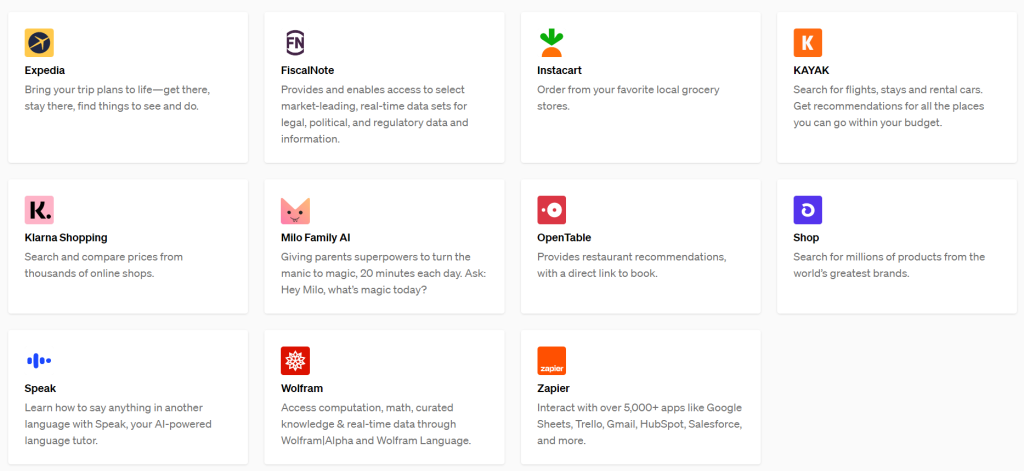
Currently, plugins have already been developed by companies such as Expedia, FiscalNote, Instacart, KAYAK, Klarna, Milo, OpenTable, Shopify, Slack, Speak, Wolfram, and Zapier.
Web browser and Code interpreter Plugins
OpenAI’s browsing and code interpreter plugins enhance ChatGPT’s knowledge base and capabilities, allowing it to access up-to-date and accurate information from the internet, use Python and handle uploads and downloads in a safe, sandboxed environment.
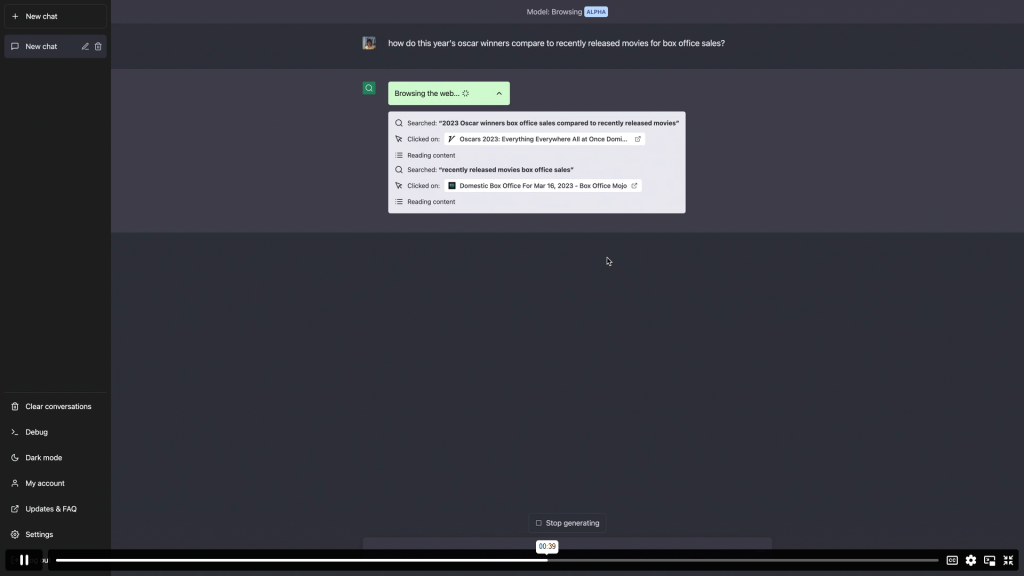
Plugins can also enable ChatGPT to perform constrained actions on behalf of users. According to initial user studies, the code interpreter is useful for tasks such as solving mathematical problems, data analysis, visualization, and file format conversion.
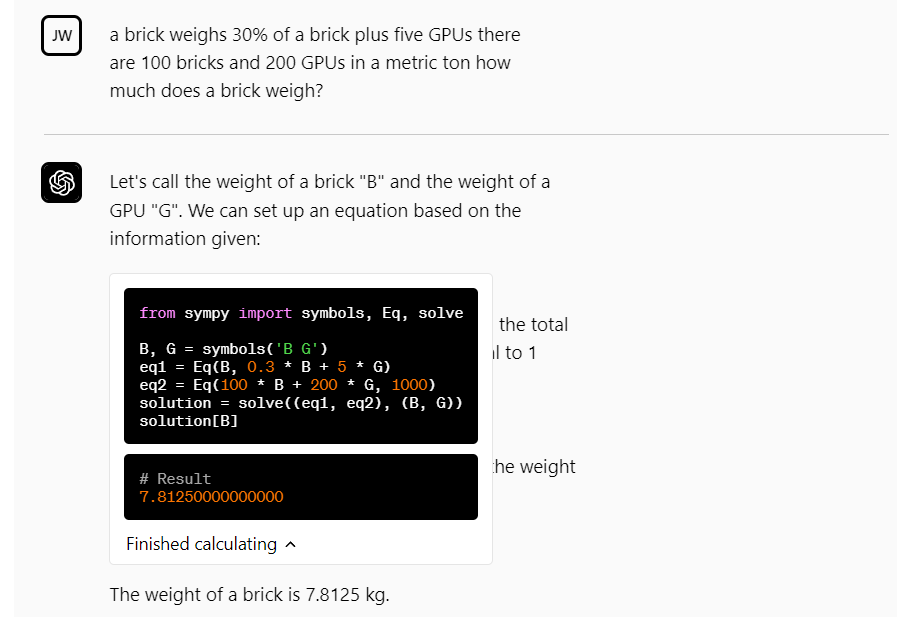
Retrieval Plugin
ChatGPT can access personal or organizational data sources like files, notes, emails, or public documentation through OpenAI’s open-source retrieval plugin. With the use of natural language, users can get the most relevant document snippets from their data sources.
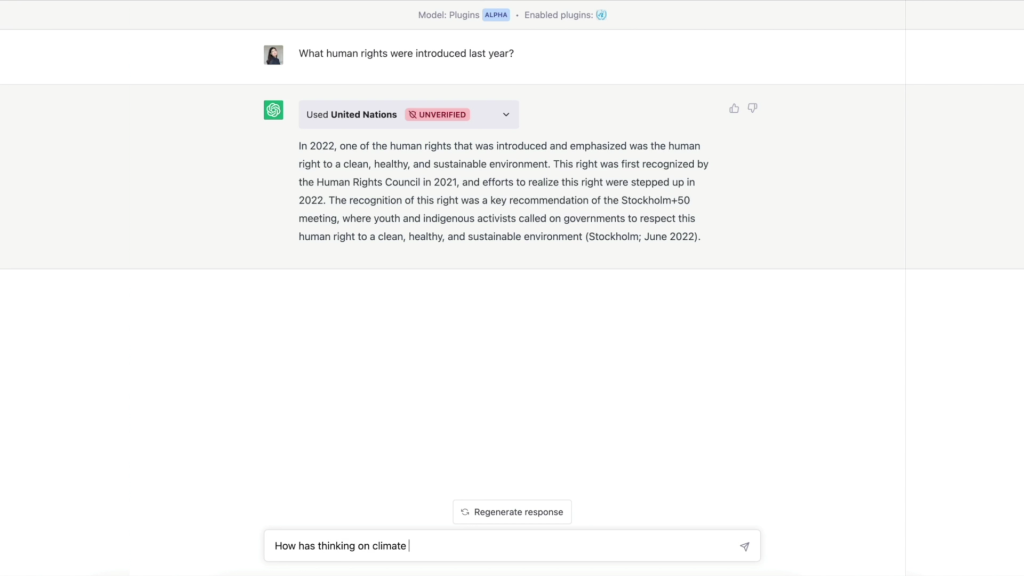
The solution is self-hosted, allowing developers to deploy their own version and register it with ChatGPT. OpenAI’s embeddings are utilized, supporting several vector databases to index and search documents.
Third-party plugins
Third-party plugins contain a manifest file that outlines the plugin’s capabilities and user documentation in a machine-readable format. This allows ChatGPT to connect with external apps and utilize developer-defined APIs, expanding its capabilities and enabling it to perform various tasks.
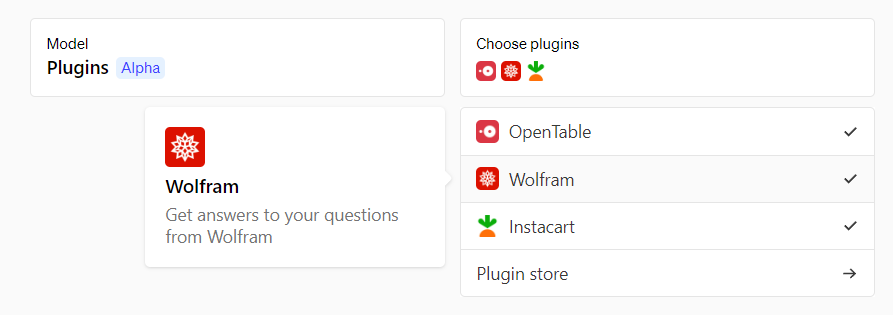
ChatGPT can now fetch real-time info like sports scores or headlines, access knowledge-base data such as personal notes or company documents, and perform actions for users like booking flights or ordering food.
Availability
OpenAI has announced that it will now begin offering plugin alpha access to its waitlisted users and developers. The company also plans to prioritize a select group of ChatGPT Plus users and developers initially, with plans to expand access on a larger scale in the future.
Announcing the update, OpenAI shared about the Plugin support that
Plugins are tools designed specifically for language models with safety as a core principle, and help ChatGPT access up-to-date information, run computations, or use third-party services.
